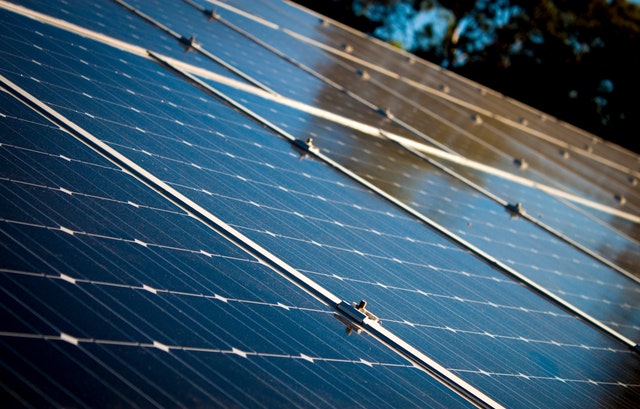Home Heating: Eco Friendly Ways To Heat Your Home
More people are becoming conscious of their energy usage and the sustainability of their home environment. Here’s how home heating, energy efficient products and saving water can help!
It’s more important than ever to try and be more eco-friendly. Doing so will not only help you to save money when running your home, but it will also be much kinder on the environment.
There are so many ways you can help to make a difference, and your bank balance will definitely thank you for it!
Here are some great eco-friendly tips so you can start making some positive changes:
Review your main source of energy
Using your usual central heating system might do the job eventually but it’s not necessarily the cheapest or the most environmentally friendly option.
Maybe now is the time to consider other options. Home heating is possibly one of the biggest culprits of energy waste, so changing to a more sustainable option, such as heating oil, can be a worthy investment.
Home heating oil is not only eco-friendly but it can actually heat up your home much faster than other methods.
To see if it could be the right method for you, check out some heating oil prices online and see what you can expect when installing an oil tank on your premises.
Go energy efficient

It makes sense to make the switch to energy efficient. This isn’t really a new thing, but products such as energy efficient light bulbs can make all the difference.
Not only will they consume less energy when they’re in use, but they also last much longer than your regular light bulbs, meaning that replacements won’t be as frequent.
As well as energy efficient light bulbs, there are also energy efficient appliances such as clothes dryers and dishwashers.
Improving how you shop when you’re on the hunt for appliances and choosing ones with a good eco rating can help you run your home efficiently.
Keep an eye on water usage
Being efficient or sustainable doesn’t necessarily just mean in terms of your energy usage. Saving water should also be high up on your priority list!
Before you get started with your new water saving plan, it’s time to get down on your hands and knees and fix those pesky leaks that have been there a while; these definitely aren’t doing you any favours.
When you’re all fixed up and ready to go, you need to start with a few little lifestyle changes to really make a difference.
For example, instead of leaving the tap running while you brush your teeth, turn it off, and only use it when you need it.
There are also options to install low flow shower heads and toilets to help use even less water.
Solar panels
These aren’t everyone’s cup of tea, but they can be an important part of saving yet more energy. They’re incredibly useful in providing you with a lot of energy to run your home, but they do come at a price. It can take around 20 years for it to pay for itself.

Saying that, if you’re committed to the idea of being eco-friendly and you’re in a home you’re confident you’ll stay in for years to come, then solar panels could be a worthwhile investment for you. It’s best to research what it entails before you take the plunge, however.
In addition to the above, for those looking at insulating external pipework, external pipelagging.com has been designed specifically for outdoor use thus making it ideal for use as solar pipe insulation.
Insulate your home
Loft and wall insulation can be a godsend when you’re looking at ways to heat up your home, but did you know it’s also a great way to preserve electricity?
The heat getting pumped out by your radiators for example will rise, and it can regularly get lost through your roof and through any gaps around doors and windows.
As well as this type of insulation, you should also be opting for double glazing on your windows and weather proofing strips around any gaps.
Use rugs and lay down carpet to help keep that home heating circulating around and to prevent you from using more energy than is needed.
Home heating the efficient way – are you on the right path?
Sometimes, you might not be aware of how inefficient your home can be.
It’s important to take the right steps and do your part for the environment.
Extra tips for going green
If you’re looking for more ways to go green, there are some very simple changes you can make. For drivers, there is a growing range of eco-friendly vehicles to choose from including FHEVs and fully electric cars. These green cars, which are suitable for commuters, parents and drivers who need vehicles for business purposes, are cheaper to run and they will lower your carbon footprint.
At home, you can also save money on your energy bills by replacing old appliances with smart, new models, which are more energy-efficient, and by embracing recycling. Recycle anything made from plastic, paper, cardboard, glass or metal and think twice before you throw food, clothing or furniture away.
Often, it’s possible to recycle, reuse, repurpose or upcycle. If none of these options suits you, you could also consider selling or donating items like chairs, old sofas or clothes and shoes to charity.
Disclaimer: This post was in collaboration with Rix, heating oil and fuel suppliers to homes and businesses in the UK. Visit their website for more information about their services: https://www.rix.co.uk
Google+
